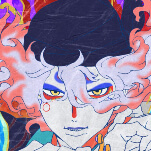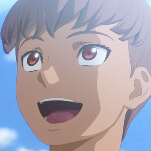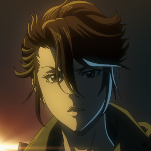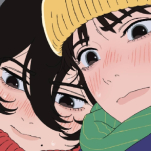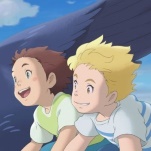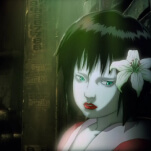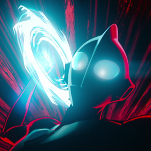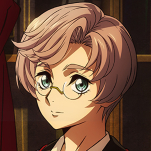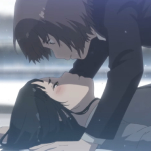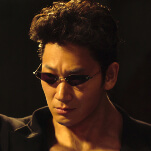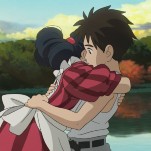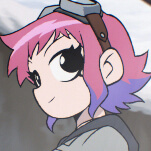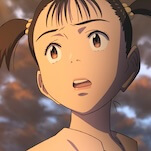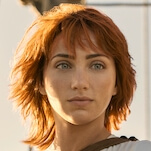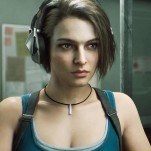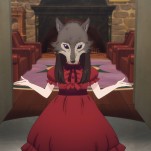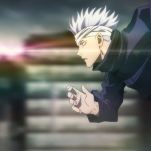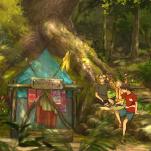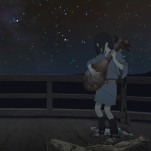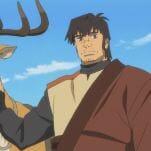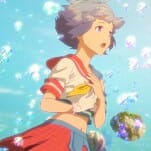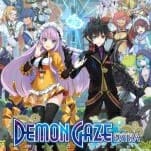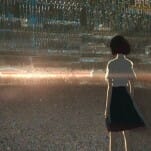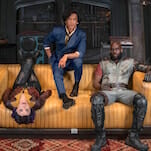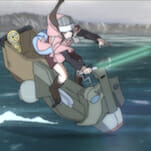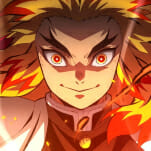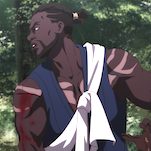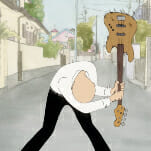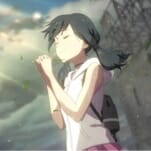Alternate History Anime Leviathan Mostly Overcomes Familiarity With Sweeping Sights
Photo Courtesy of Netflix
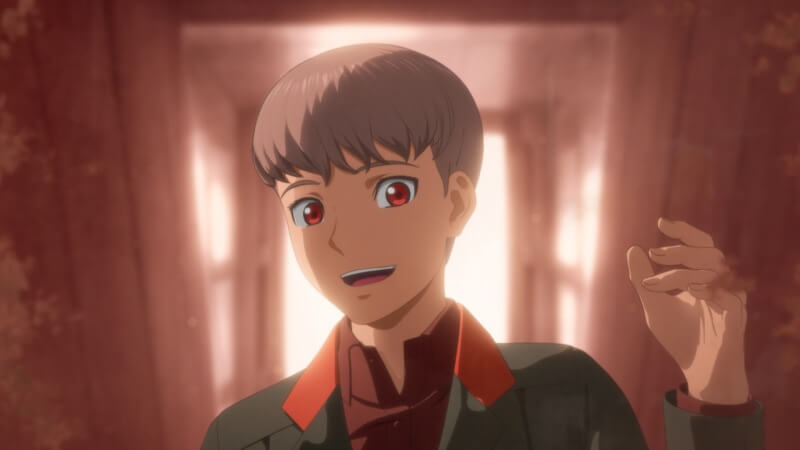
For many anime fans, there has traditionally been nothing worse than hearing their favorite manga is getting an adaptation that will heavily lean on “3DCG” (animation created with 3D modeling tools), a stigma stoked by many missteps such as the infamous 2016 take on Berserk. Thankfully, in the years since, things have changed somewhat. While there are still plenty of shows that poorly utilize 3D animation, this style has come a long way in the last decade, something perhaps best exemplified by studio Orange and their excellent work on shows like Land of the Lustrous or Trigun Stampede. These series feel like a direct response to criticisms about how many other 3DCG anime look stiff and awkward, utilizing intentionally exaggerated gestures that make their characters feel alive, as their animators deliver sequences that would be borderline impossible with traditional methods.
However, despite their visual prowess, the studio’s latest project is still a sizable challenge: an adaptation of the Leviathan trilogy by Scott Westerfeld. As an alternate history take on World War I, it features massive battles, fantastical creatures, and complex steampunk machines, a tall task in the world of tightly budgeted TV animation.
Thankfully, though, they’re more than up for the task; Leviathan delivers bold imagery alongside subtle character animation, placing us in this diesel-fueled world of flying whales and steampunk mechs. While its story is admittedly familiar, an evocative backdrop and cast of largely likable characters distract from the fact that you’ve likely seen all these plot points before, sans the talking lizards and early 20th-century war machines.
Set in a world similar, but quite different from our own, events begin almost immediately after the assassination of Archduke Franz Ferdinand by Serbian nationalists. Much like in real history, this triggers a domino effect of invasions that ultimately leads to World War I. However, in this alternate telling, the two sides of the conflict are the “Darwinists,” a loose confederation of nations that wage war with genetically modified animals (basically the Allied Powers), and the “Clankers,” an alliance of countries that utilize analog mechs (the Central Powers).
We follow two teens from different sides of the conflict who form an unexpected bond that challenges their preconceived prejudices. There’s Aleksander Hohenberg, the child of the assassinated Archduke, who finds himself on the run as the heir apparent to the Austro-Hungarian Empire. On the other side of the war is Dylan Sharpe, a recently enlisted teen serving on the Leviathan, a floating whale vessel that’s the centerpiece of the British air force. Sharpe also happens to have a big secret: they were born as a girl, and are crossdressing to hide their biological sex so they can continue to serve on the ship of their dreams. Before long, the pair cross paths as they’re plunged into a mission that could change the trajectory of the entire war.
These two, and their growing relationship, are at the heart of the story, serving as a stand-in for the broad hope that these warring factions can eventually end the bloodshed. As for Alek, he’s a surprisingly kind-hearted kid despite his royal lineage, putting himself in harm’s way for the sake of others, whether that’s aiding in local uprisings against despots or providing food for his supposed enemies. He battles both his own grief over the loss of his parents and the influences of his overbearing retainer, Volger, who wants nothing more than for Alek to be a good little princeling who fulfills his royal obligations at any cost. And despite Alek starting as the kind of Shinji Ikari-adjacent character whom anime fans love to yell at, he comes into his own fairly quickly as his sincerity, earnestness, and strong sense of justice make him hard not to root for.
Meanwhile, Dylan has their own long list of problems, and despite almost immediately proving themselves a competent airman, their head tends to be in the clouds, both literally and figuratively. Their enthusiasm and passion for flying come across thanks to Natsumi Fujiwara’s performance, which jumps between boisterous and more anxious as the character attempts to hide their big secret. There’s even moderately more going on than the Ballad of Mulan-esque premise implies, and while the character loudly proclaims that they’re a girl early on, some of their later decisions add at least a hint of gender confusion and non-conformity into the mix. Regardless, this setup lets the narrative briefly touch on the type of misogyny and inequality that define this historical setting, something further emphasized by the lineup of well-portrayed women caught up in the war, from the genius scientist Dr. Barlow and her shrewd maneuvering, to a Turkish freedom fighter named Lilit who can see the bigger picture. Throughout, this greater conflict puts these characters in morally compromising positions that lead to plenty of interesting clashes, like between Alek’s open-mindedness and his retainer Volger’s nationalistic perspective.
-

-

-

-

-

-

-

-

-

-

-

-

-

-

-

-

-

-

-

-

-

-

-

-

-

-

-

-

-

-

-

-

-

-

-

-

-

-

-

-



